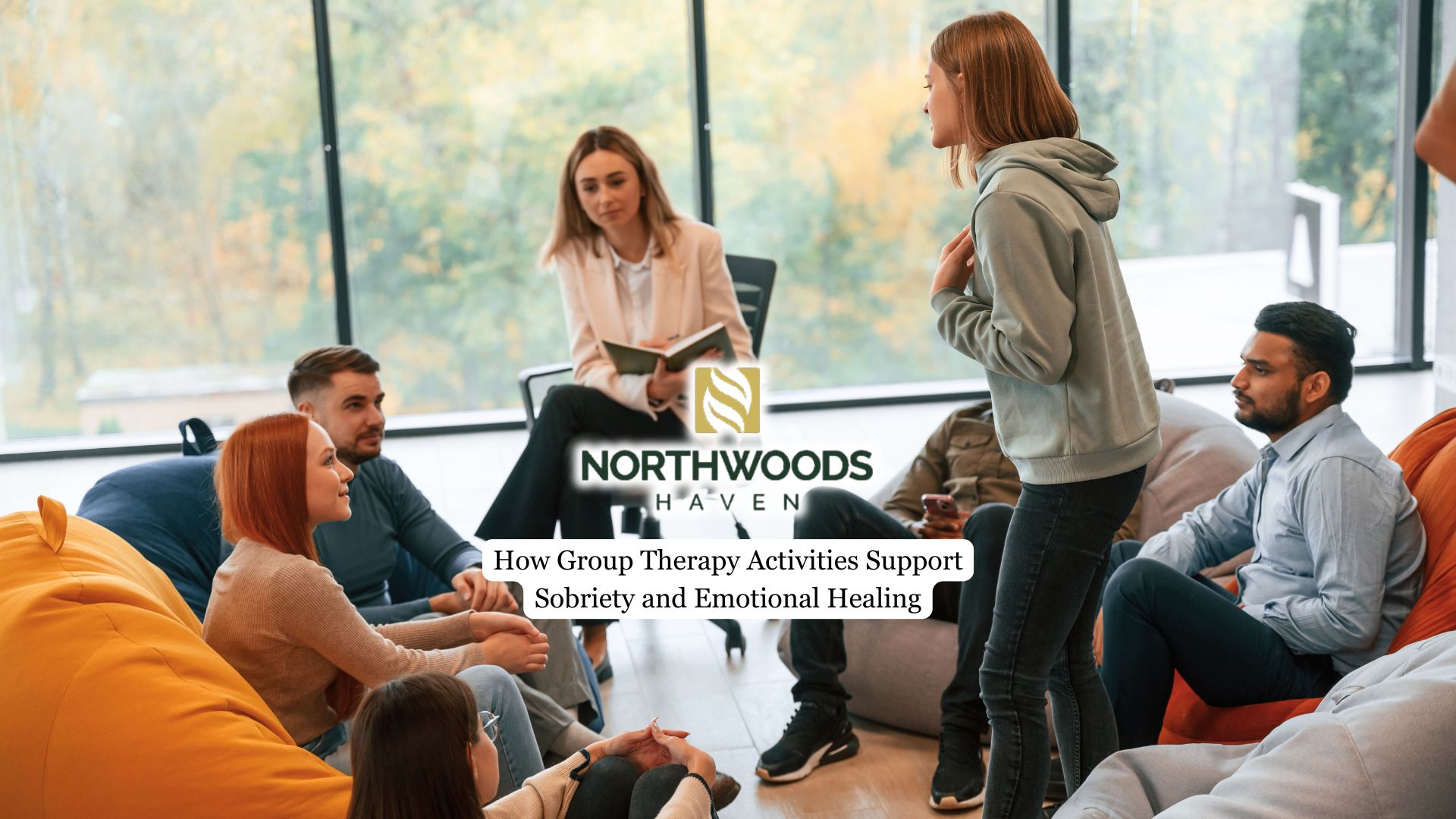Recovery from addiction is not only about abstaining from substances but also about rebuilding emotional stability, self-awareness, and trust in others. Participating in collaborative therapeutic settings provides individuals with the support, accountability, and connection they need to sustain long-term healing.
This article examines how recovery sessions aid individuals in strengthening their sobriety and promoting overall well-being throughout their recovery journey.
The Role of Connection in Recovery
Addiction often thrives in isolation. Many individuals who struggle with substance use withdraw from meaningful relationships, leading to loneliness and shame. Participating in shared therapeutic sessions, such as a group therapy program, provides a safe space to reconnect with others who understand similar struggles. Through open conversation, individuals gain perspective, receive validation, and learn that they are not alone. This connection is crucial for developing the social and emotional skills that support long-term recovery and overall well-being.
In this supportive environment, individuals learn to develop empathy and active listening skills, two key components in rebuilding healthy relationships. Connecting with peers who face similar challenges helps replace guilt and fear with compassion and understanding for both themselves and others.
Building Emotional Awareness and Regulation
Healing from addiction requires more than physical sobriety. It involves addressing the emotional triggers that drive substance use. Therapeutic communication helps participants identify feelings that may have been suppressed or misunderstood. Through guided discussions and reflection, they begin to recognize patterns between thoughts, emotions, and behaviors.
This emotional insight allows individuals to respond to difficult feelings without resorting to old coping mechanisms. As sentiment awareness grows, participants learn healthier ways to express feelings such as anger, sadness, and anxiety. This practice promotes resilience, balance, and inner peace, all of which are essential to maintaining sobriety.
Accountability and Shared Motivation
Accountability plays a vital role in recovery. In collaborative sessions, individuals openly discuss their progress, challenges, and setbacks. This fosters honesty and reinforces personal responsibility. Knowing that others are invested in their success encourages participants to remain consistent in their efforts.
Celebrating milestones within these sessions builds a sense of accomplishment and community pride. Witnessing others overcome obstacles can reignite motivation, reminding participants that recovery is possible with commitment and support.

Learning from Shared Experiences
One of the most powerful aspects of group-based healing is the opportunity to learn from others’ experiences. Hearing how someone else managed a craving, repaired a relationship, or handled emotional stress provides real-world insight that can be applied personally. This exchange of practical strategies helps individuals develop a toolkit of coping methods they can rely on beyond therapy.
This shared learning also encourages vulnerability. When participants witness others opening up about their struggles, they feel empowered to do the same. This mutual trust deepens emotional healing and breaks down the barriers of shame that often accompany addiction.
Strengthening Communication and Social Confidence
For many individuals, addiction damages communication skills and erodes self-esteem. Therapeutic environments provide a platform for rebuilding confidence through consistent practice. Participants learn how to express needs, set boundaries, and engage in respectful dialogue. These interactions help restore communication patterns that are essential in maintaining healthy relationships with family, friends, and peers.
This improvement in social confidence often extends beyond the therapy setting, helping individuals reintegrate into society with greater ease. Whether it’s returning to work, reconnecting with loved ones, or joining a recovery community, these learned skills lay the foundation for a more balanced and fulfilling life.
Supporting Lasting Sobriety Through Emotional Growth
Long-term sobriety depends on continuous emotional growth, a strong sober support network, and community engagement. Participating in collaborative recovery settings ensures that individuals do not face their challenges in isolation. Instead, they have ongoing opportunities to practice self-reflection, seek feedback, and develop emotional intelligence, all of which reinforce their ability to sustain progress.
These environments also help participants recognize relapse warning signs early, identify what triggers relapse for them, and develop proactive strategies to manage those risks. With greater emotional stability and supportive relationships, individuals are better equipped to handle life’s challenges without turning to substances.
Final Thoughts from Northwoods Haven Recovery
Rebuilding life after addiction requires more than willpower. It demands emotional awareness, community, and accountability. Participating in shared recovery environments offers a transformative path toward healing by fostering trust, connection, and resilience.
At Northwoods Haven Recovery, we recognize the significance of interpersonal connections in achieving long-term healing. Our group therapy program in Minneapolis, MN, is designed to strengthen emotional resilience and maintain lasting sobriety. Through combined collaborative sessions with evidence-based therapies, we help individuals build resilience and sustainable recovery. Through compassionate care and continued support, clients are guided toward a healthier, more fulfilling future.



